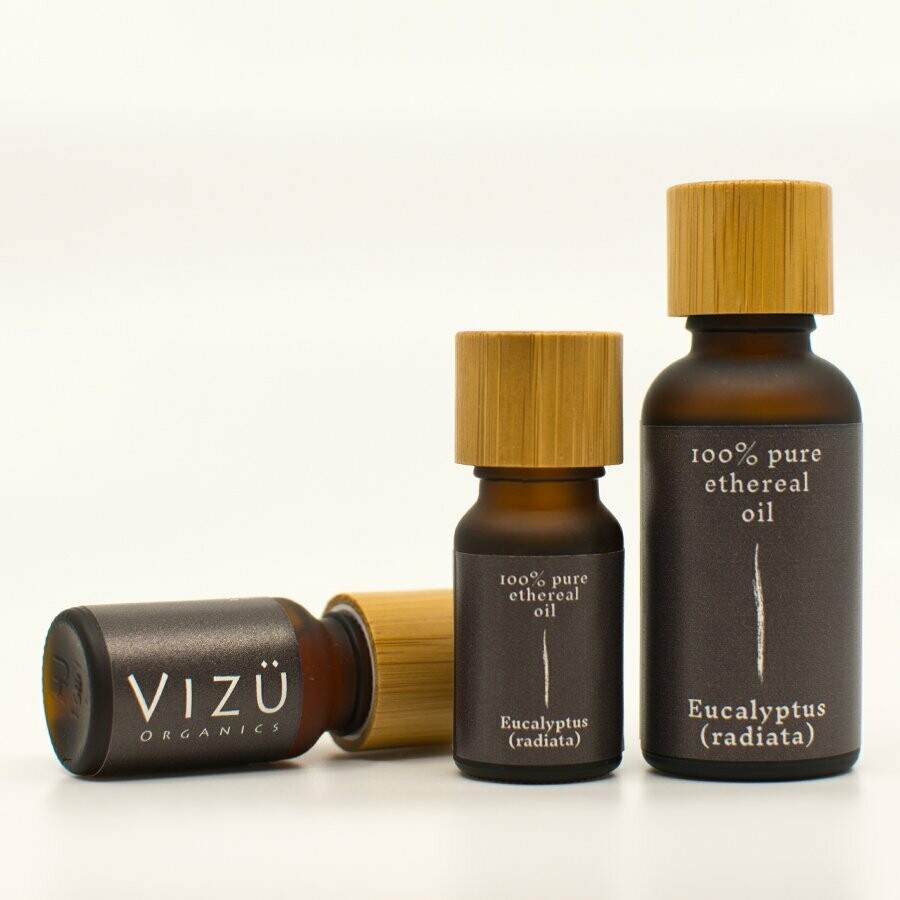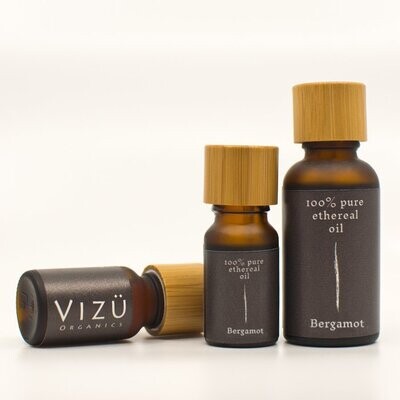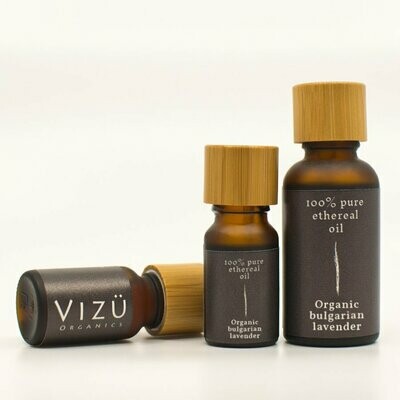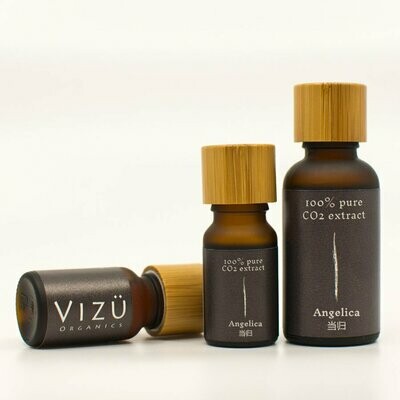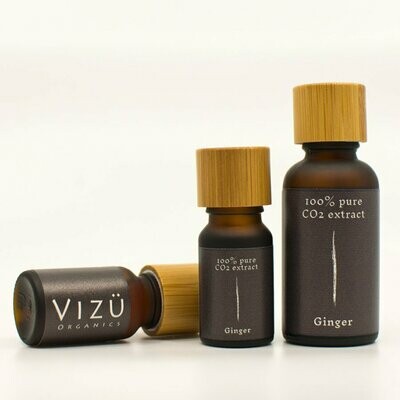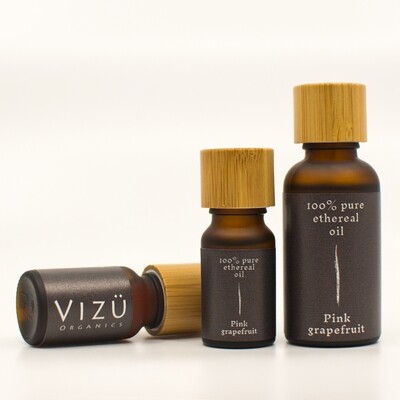Eucalyptus radiata ethereal oil
Botanical name: Eucalyptus radiata
Precaution:
Eucalyptus is not to be applied or instill near the face of infants or children up to 10 years of age. Externally non-toxic, non-irritant (in dilution), non-sensitizing. Fatal when ingested internally.
Sustainability awareness:
Eucalyptus radiata is anti-infectious, anti-inflammatory, antiseptic, and can be used to address acute and chronic respiratory infections, coughs, bronchitis, and even acne.
The oil of this tree has antiviral and powerful expectorant properties, is an effective immunostimulant, and is indicated for influenza, chronic fatigue and immune deficiency.
In his book Advanced Aromatherapy , Dr. Kurt Schnaubelt calls Eucalyptus radiata the number one, all-purpose Eucalyptus oil (1998, p. 67).
This species of Eucalyptus is preferred in aromatherapy work due to its sweeter and less harsh odour. It is considered a more "gentler" species of Eucalyptus in terms of the amount of cineole content.
This is the last batch of E.Radiata and VIZU will not bring in this EO anymore as the IUCN red list
has classified as "near theatened". Please look at Eucalyptus kochii or Lox-lis instead.
Herbal Folk Tradition
Eucalyptus is native to Australia. There are approximately 700 different species of eucalyptus. The aboriginal people in Australia used eucalyptus as a remedy for colds, sore throats, breathing difficulties, congestion relief, infections, and pain. They also burn the leaves in the form of fumigation for fever relief.
Eucalyptus has a long tradition of uses in medicine and is known to be an excellent antiseptic for purifying the environment. Historically, to improve their health, people who were ill were relocated to areas where the trees grew.
It also became known as catheter oil when British hospitals, in the nineteenth century, used it to sterilize urinary catheters. In the later part of the nineteenth century, eucalyptus oil was regarded as a cure-all.

